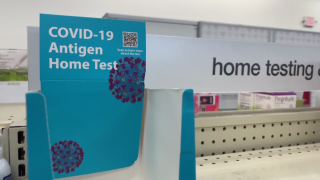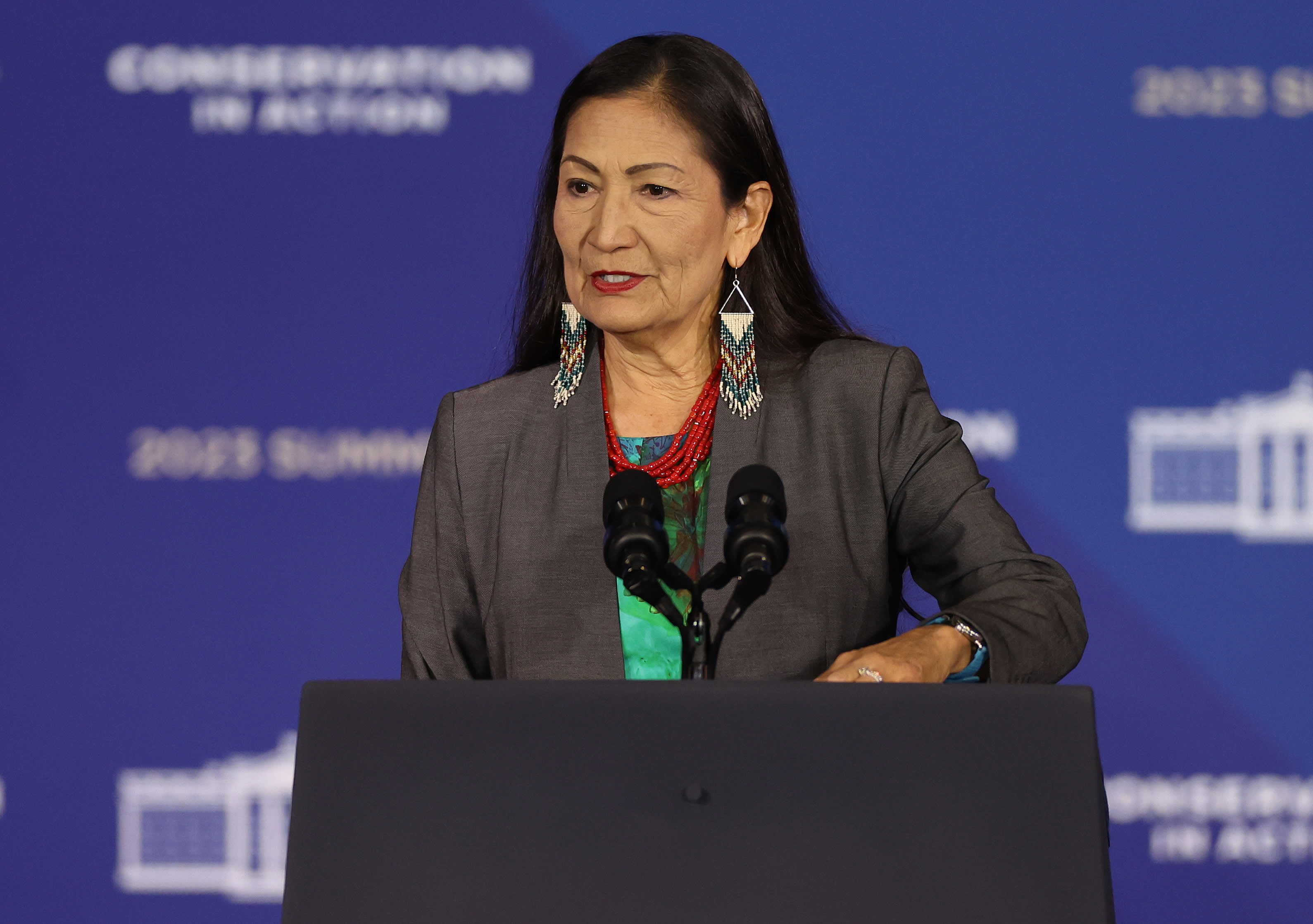
A year after the omicron variant of COVID-19 began to upend the world and start a new stage of the pandemic, several new subvariants have originated from the variant, with reaction to treatment changing along with the subvariants.
With the recent rise of the BQ.1 and BQ.1.1. subvariants, one previously administered monoclonal antibody is no longer authorized for emergency use due to the medication's inability to neutralize the subvariants.
Bebtelovimab, previously distributed by Eli Lilly, is no longer authorized for use in any U.S. region as the BQ.1 and BQ.1.1. subvariants now combine to make up over 57 percent of cases nationwide.
In all but one region, the two subvariants make up over half of the reported COVID-19 cases.
Feeling out of the loop? We'll catch you up on the Chicago news you need to know. Sign up for the weekly Chicago Catch-Up newsletter here.
Though the monoclonal antibody is no longer authorized, the federal government is advising facilities that carry the treatment to retain stock, in the event that future subvariants more susceptible to bebtelovimab become prevalent.
While bebtelovimab is ineffective at neutralizing the subvariants that are currently prevalent, other treatments remain effective with BQ.1 and BQ.1.1. according to the FDA, including the following:
- Paxlovid
- Veklury
- Lagevrio
Public health officials continue to advise those eligible to be updated on COVID-19 vaccinations, including a bivalent booster shot.
Local
More information on the recent FDA announcement can be found here.



